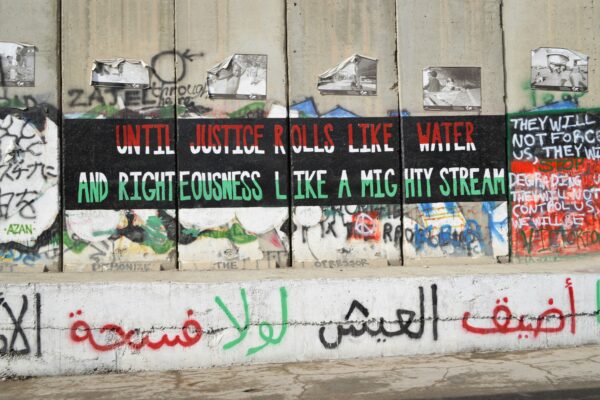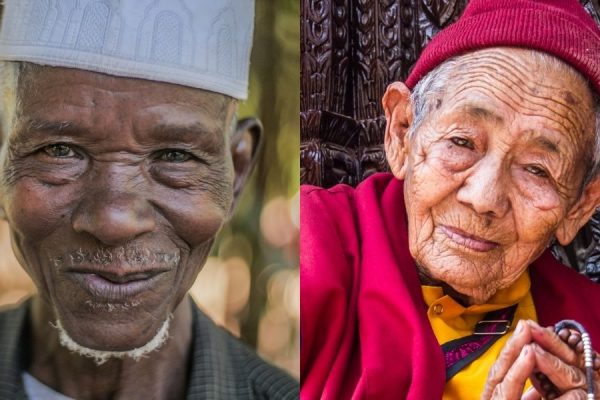Some lifelong Muslims reading this may question why they need to know about the issues facing reverts. These struggles may not directly affect most Muslims, but as a community, we have a duty to welcome and support new Muslims, just as the Prophet Muhammad did, may peace and blessings be upon him.
Some lifelong Muslims reading this may question why they need to know about the issues facing reverts. These struggles may not directly affect most Muslims, but as a community, we have a duty to welcome and support new Muslims, just as the Prophet Muhammad did, may peace and blessings be upon him.
Fiction books have long served to entertain, move, and inspire their readers across the globe. However, many readers will know the increasing difficulty in finding stories that are not only halal, but are genuinely entertaining and exciting to read.
Fortunately for us book lovers, there is a new generation of brilliant Muslim authors who are creating high quality Islamic popular fiction. In this article I will review Pieces of a Dream by Wael Abdelgawad, an American-based novelist at the forefront of the movement to bring Muslim focused entertainment to the book industry.
Pieces of a Dream
Each revert has their own journey, but in Pieces of Dream, Abdelgawad brings us a thrilling story of self-discovery, inner strength, and determination in the face of adversity. As thousands of people revert to Islam across the world, many reverts face desperate difficulties that are mostly unknown in the mainstream Muslim community.
In this book, Abdelgawad takes you on a powerful journey within the life of a revert himself. The book starts from before the time the revert became a Muslim up until his marriage and new life as a man of faith. We live the experience side by side with Louis, the main character, as he negotiates everything from the reaction of his family, finding a wife, to the demands of living as a Muslim in America.
Louis, who later takes the name Layth, is a struggling American war veteran living a grueling life as a taxi driver in San Francisco. The author is clearly very familiar with the area, and fans of travel writing will enjoy his nuanced and vibrant depictions of this very unique city.
Although Louis had come across Islam in his previous work as an American soldier, he lives a life devoid of religion or a higher purpose. Instead, he lives passively day to day, haunted by his memories of war and worn down by daily life. One day his taxi picks up a Muslim lady, Khadija, on her way to Jumma. Their conversation takes them awkwardly to religion, but Louis’ misconceptions about Islam results in their talk ending abruptly.
However, a spark has been set off inside Louis, and throughout this book we see this spark erupt into a raging fire of question about life and its meaning. He picks up a copy of the Quran, and the reader is taken inside the head of someone reading the Quran for the first time, witnessing its beauty and magnificence afresh. It’s not all easy though, and Louis resists making changes in his life, only to be spurred on by local Muslims who respectfully point him on the straight path.
The author, Abdelgawad, is himself an accomplished martial art student, and his experience shines forth in thrilling scenes involving Louis taking on muggers and burglars across San Francisco. The action scenes keep the reader engaged in between the serious discussions on Islam. Louis’ background story fills the book with exciting subplots: his mother is a devout Christian, his father a gambling addict in trouble with serious gangsters, and his own health is very poor. We follow Louis on his journey as his back story intertwines with his new life. How will his mother react? Will being a former American soldier affect how he is treated at the mosque?
As a revert myself, it is so refreshing to meet an author raising awareness of the many issues faced by revert Muslims. In particular, this book highlights some of the subtle acts of discrimination and behaviour of Muslims towards reverts. It struck me how profoundly accurate Abdelgawad’s understanding of these issues is.
Louis, having already left his previous life behind him, is now ostracised from the Muslim community. This leaves him on the edge of two communities while really in neither. We follow Louis as he is asked to leave mosques or to prove that he is a ‘real’ Muslim, all the while facing a wall of discrimination from the non-Muslim community that he was once part of.
Some lifelong Muslims reading this may question why they need to know about the issues facing reverts. These struggles may not directly affect most Muslims, but as a community, we have a duty to welcome and support new Muslims, just as the Prophet Muhammad did, may peace and blessings be upon him.
Of course, not all reverts need special support, but if they do need help an inability to give it can have disastrous consequences. We must therefore prepare ourselves with a deep understanding of the issues at hand, and this book will help you do precisely that, InshAllah. Anyone looking to develop their dawah would also benefit greatly from this book, InshAllah, as we learn the features of Islam that attract thousands to the faith each year.
Overall, the most inspiring aspect of this book is seeing the beautiful transformation of Louis that Islam initiates. Louis’ strength and desire for truth drive him on a journey of self-discovery. In the face of adversity, a handful of ordinary Muslim friends give him the support he needs to thrive in his new community. It is sometimes difficult to see the transformative power of Islam in our daily lives, but readers will be left in no doubt that the straight path of Islam leaves us as stronger, happier, and better people.
Why you should support Muslim writers
We read books because they have the power to move, educate, and influence us. In a world where entertainment is slipping further into the haram, we must build the material that we are exposed to on halal foundations.
Muslim authors are often shunned by Western buyers due to Islamophobia, leading many talented Muslim authors to give up writing altogether. Let’s fight back against this. Islamic books don’t have to be about dry academia or preachy teaching by pious clerics. They can be relatable, inspiring, mixing everyday wisdom with page-turning tales. In the future, I will be writing more Islamic book reviews, InshaAllah, so now you can make sure that the next book you read is a Muslim book.
Pieces of a Dream is available on Amazon here.





